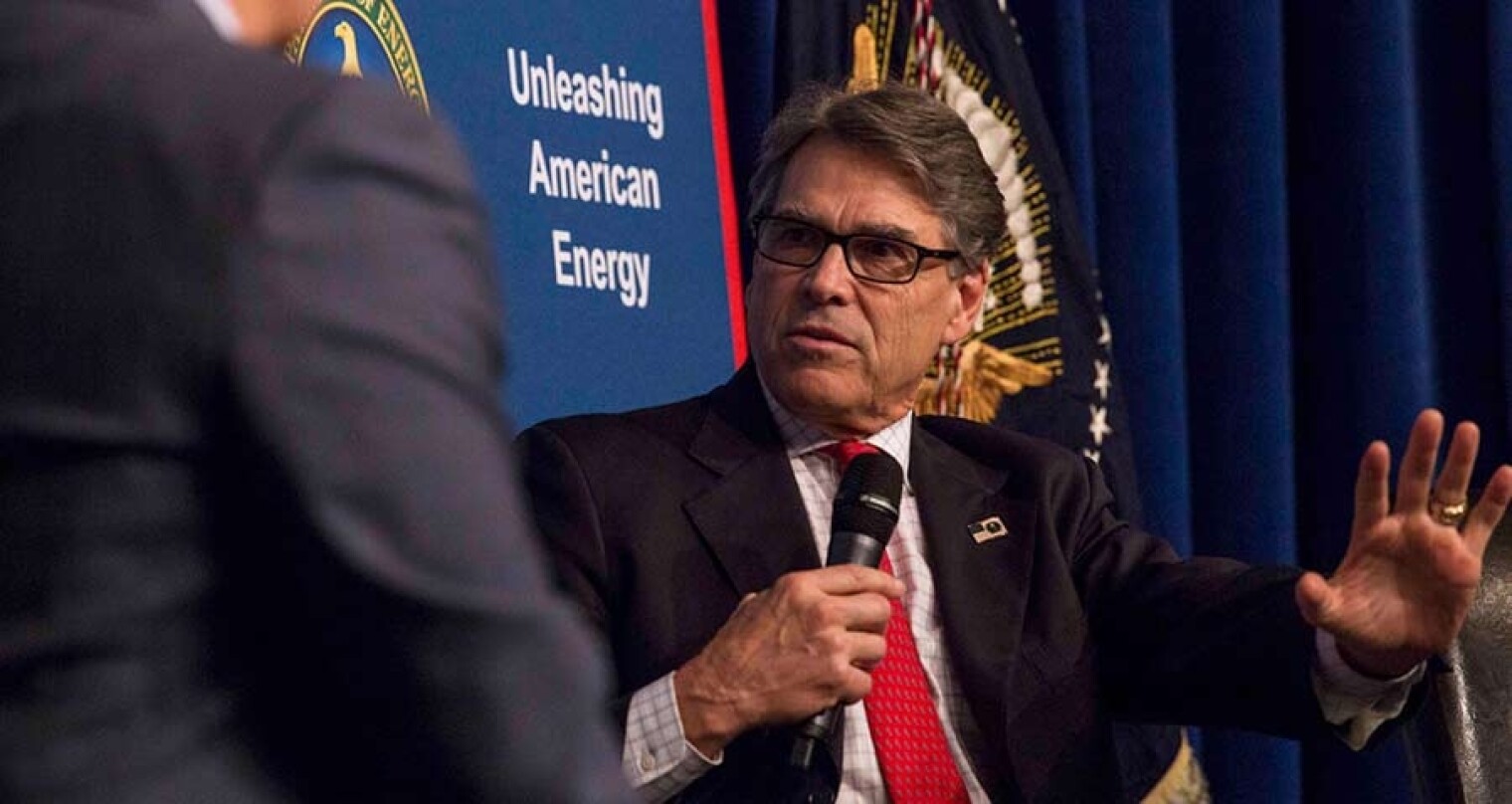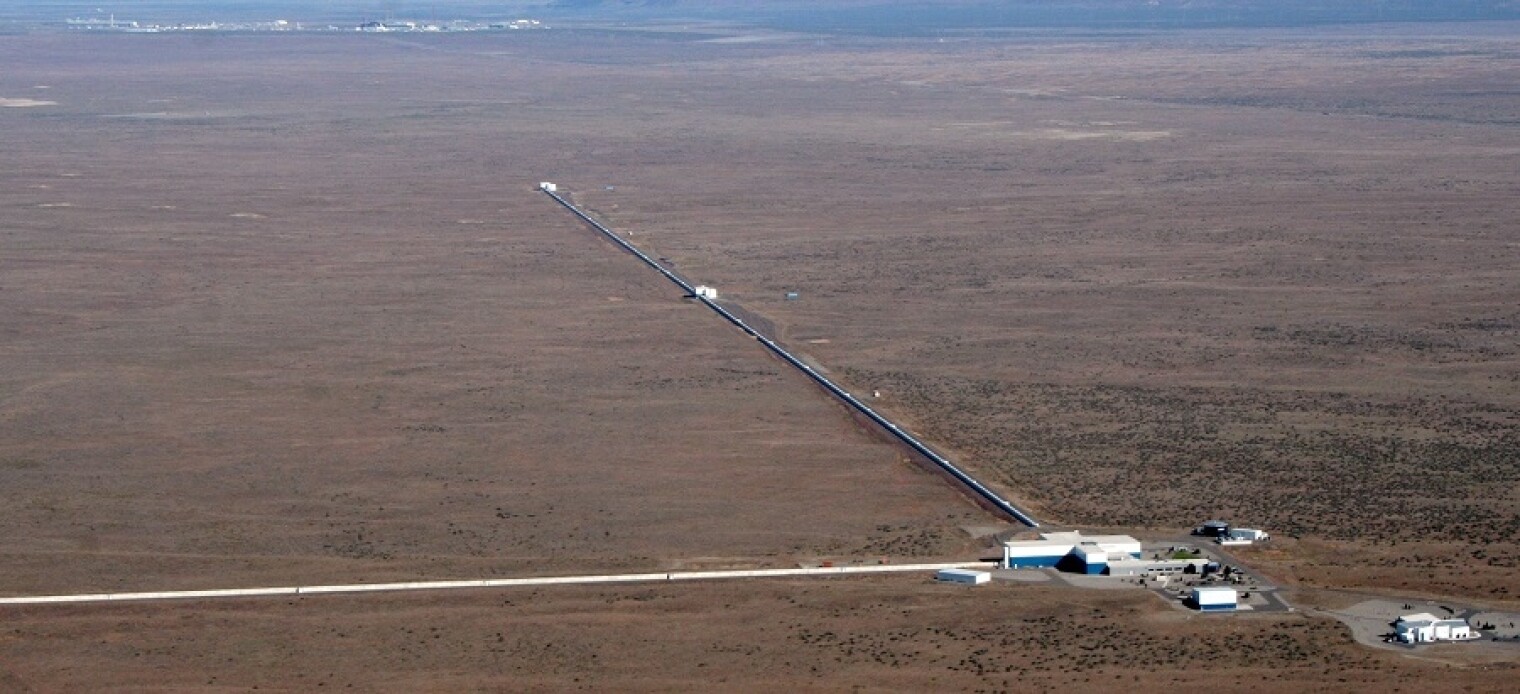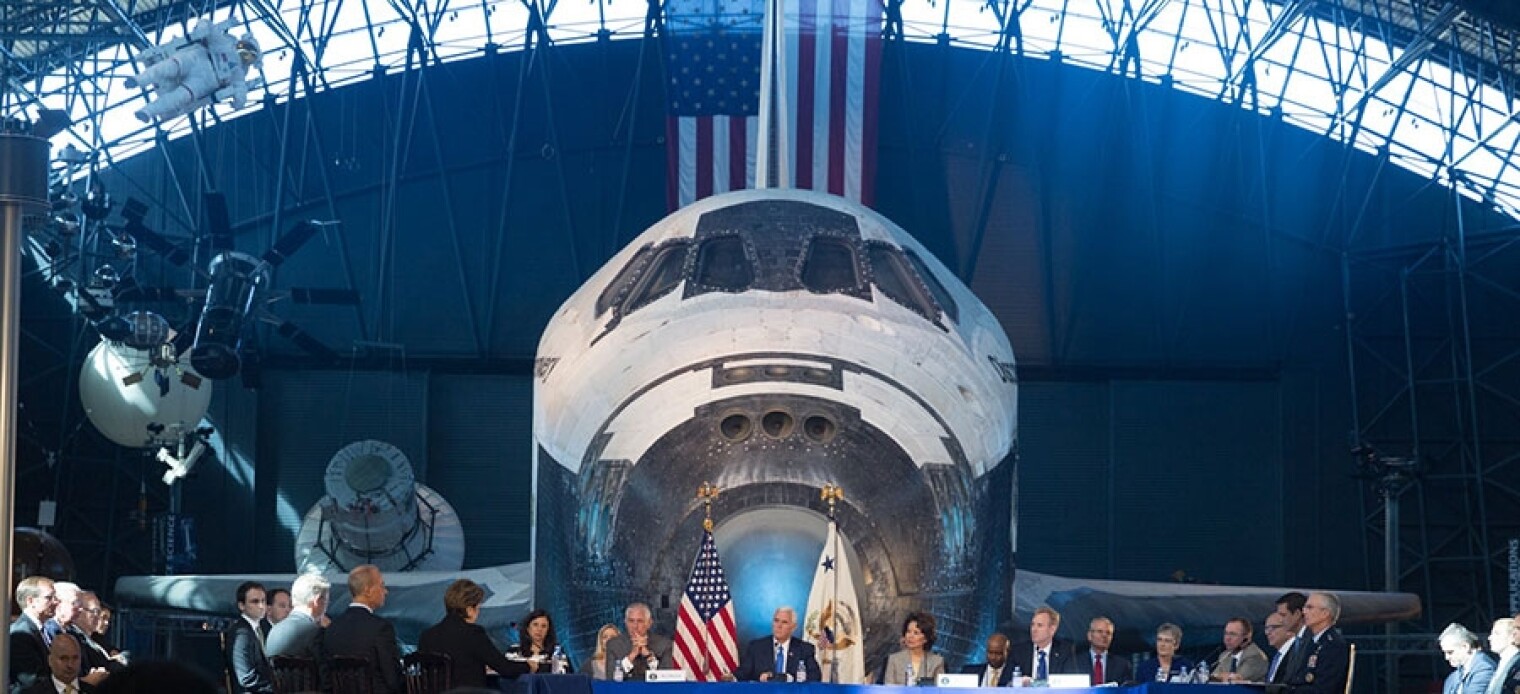|
What’s Ahead
 |
| Energy Secretary Rick Perry speaks on June 29 at the roundtable event “Energy Dominance: Policy Framework for the Future.” (Image credit – DOE / Simon Edelman) |
Perry to Testify Before House Energy and Commerce Subcommittee
On Thursday morning, Energy Secretary Rick Perry is testifying on the Department of Energy’s “missions and management priorities” before the Energy Subcommittee of the House Energy and Commerce Committee. It will be Perry’s first Capitol Hill appearance since June, when he testified before the House and Senate Appropriations subcommittees responsible for the DOE budget as well as the Senate Energy and Natural Resources Committee. Perry has yet to testify before the House Science Committee. That committee’s ranking member, Rep. Eddie Bernice Johnson (D-TX), said during a hearing on electric grid resiliency last week that it is “unacceptable” that no DOE representative has yet appeared before the committee this year. She urged Committee Chair Lamar Smith (R-TX) to schedule a hearing with Perry “as soon as possible.”
NIST Campus Security Under Science Committee Scrutiny
On Wednesday morning, the House Science Committee is holding a hearing to discuss results of the Government Accountability Office’s “undercover review” of the National Institute of Standards and Technology’s physical security practices. The hearing will focus on “prior NIST campus security breaches and vulnerabilities as they relate to the structure and organization of the physical security program at NIST.” Witnesses include Kent Rochford, who was acting director of NIST until last week when the agency’s new director, Walter Copan, was confirmed by the Senate; Lisa Casias, deputy assistant secretary for administration at the Department of Commerce; and Seto Bagdoyen, director of audit services at GAO. After several incidents, NIST recently conducted a “security prioritization sprint,” which developed 12 actions to address the top 25 security vulnerabilities that the review identified.
Trump Set to Kick Fate of Iran Nuclear Deal to Congress
Prior to an Oct. 15 deadline, President Trump is expected to “decertify” the deal the Obama administration negotiated with Iran that placed various restrictions on the country’s nuclear program in exchange for lifting certain sanctions. The Iran Nuclear Agreement Review Act requires that the president certify every 90 days that Iran is in compliance and that the agreement is vital to U.S. national security interests. It is anticipated that Trump will argue that the deal is not in the nation’s security interest, a notable break from the view of Defense Secretary Jim Mattis, who expressed support for the deal to Congress on Oct. 2. Former Energy Secretary Ernest Moniz also argued that Trump should preserve the deal in a Oct. 4 op-ed, in part on the grounds that the technical basis of the deal is sound. Moniz wrote:
AAAS Hosting S&T Policy Fellowship Storytelling Event
On Wednesday evening, the American Association for the Advancement of Science, in partnership with The Story Collider, is hosting a science policy storytelling and networking event in honor of the 45th anniversary of the AAAS Science and Technology Policy Fellowships program. Five current and former fellows will be sharing personal stories about science, including current American Meteorological Society congressional fellow Caroline Normile. There will also be a resource fair where individuals can interact with representatives from AAAS programs, scientific societies, and science policy organizations throughout the evening.
|
|
In Case You Missed It
 |
| The LIGO facility at Hanford, Washington. A second, practically identical facility in Livingston, Louisiana, permits verification of gravitational waves detections made by a highly precise laser interferometer running along the facility’s two perpendicular arms. (Image credit – LIGO Lab / Caltech / MIT) |
LIGO’s Nobel Prize Spotlights Science Policy and Management
When the Laser Interferometer Gravitational-Wave Observatory (LIGO) announced its first detection of the merger of two black holes in 2016, the feat was quickly and widely hailed as a victory for the long-term funding of risky projects in fundamental science. Last week’s Nobel Prize in Physics brought further plaudits to the project, which is expected to continue producing novel results in the years ahead. MIT physicist Rainer Weiss, one of the prize’s recipients, said the honor should be seen as a symbol of the many other people who had worked on LIGO. He also said, “The prize and others that are given to scientists is an affirmation by our society of [the importance of] gaining information about the world around us from reasoned understanding of evidence.”
The National Science Foundation has been funding LIGO since the 1970s and scaled up support in the 1990s. As the project began to absorb more resources, critics in the scientific community complained it siphoned them from other endeavors. Meanwhile, Congress considered pulling the plug. Caltech physicist Barry Barish received part of the prize for his stewardship of LIGO during this critical period. The prize’s third winner, Caltech physicist Kip Thorne, was one of the original drivers of the project, alongside Weiss and Ronald Drever, who died last year. Crediting Barish’s later contribution, Thorne said, “Barish, in my opinion, is the most brilliant leader of large science projects that physics has ever seen.”
Senate Confirms NIST, NOAA, and DOE Nominees
On Oct. 5, the Senate confirmed by voice vote the nominations of Walter Copan to be director of the National Institute of Standards and Technology, Timothy Gallaudet to be deputy administrator of the National Oceanic and Atmospheric Administration, and Bruce Walker to be head of the Department of Energy’s Office of Electricity Delivery and Energy Reliability. Each had a rapid journey to confirmation, advancing through the process within a month of their nominations. In contrast, the Senate has yet to act on various other pending DOE nominations, such as those of Paul Dabbar and Mark Menezes to roles that could split in two the responsibilities of the current position of under secretary for science and energy.
Pence Calls for NASA to Return to the Moon
 |
| (Image credit - The White House) |
At the inaugural meeting of the reconstituted National Space Council, Vice President Pence outlined the Trump administration’s space policy priorities in his opening speech, calling for NASA to shift its focus to returning humans to the Moon. This marks a significant shift from the Obama administration’s space policy, which focused on developing capabilities for sending humans to Mars. Pence tasked NASA with creating a plan within 45 days for a “program of exploration with commercial and international partners to enable human expansion across the solar system, returning humans to the Moon for long-term exploration and utilization, followed by human missions to Mars and other destinations.” Scientific exploration was not a focus of the event, which primarily consisted of discussion of civil, commercial, and national security space policy with panels of industry executives and security experts. However, there were several passing references to science by members of the council. Pence twice invoked a line in President Trump’s inaugural address about “unlock[ing] the mysteries of space” and said that the administration’s new direction for space policy will help inspire students to study STEM subjects.
Hearing Probes State of Plutonium-238 Production for NASA
On Oct. 4, the Space Subcommittee of the House Science Committee convened a hearing to investigate the state of U.S. production of plutonium-238, a radioisotope that serves as a source of heat and power on some of NASA’s robotic science missions. Domestic production of Pu-238 resumed in 2015 after a 27-year hiatus. The critical questions at hand are whether the planned production ramp up will be sufficient to meet NASA’s needs, whether inventories of Pu-238 are a limiting factor in NASA’s mission planning, and whether the radioisotope power systems currently in use are adequate or alternative designs should be developed. One of the witnesses was Shelby Oakley, an official at the Government Accountability Office, who spoke about a new GAO report on Pu-238 production, which recommends improvements in the Department of Energy’s management of the ramp up.
Interior Department Climate Policy Whistleblower Resigns
Joel Clement, a climate science and policy expert at the Department of Interior, resigned last week after arguing that Interior Secretary Ryan Zinke has displayed poor leadership, failed to address climate change, and wasted tax dollars by involuntarily reassigning him to a role unrelated to his background. Clement attracted national media attention in July when he filed a public whistleblower complaint against DOI, claiming he had been reassigned to a new position in retaliation for “speaking out publicly about the dangers that climate change poses to Alaska Native communities.” As the former director of DOI’s Office of Policy Analysis, Clement raised the issue of climate change impacts on Alaskan communities with administration leadership and the international community during the months before his reassignment.
|
|
Events This Week
Monday, October 9 National Academy of Engineering: Annual meeting
9:30 am - 5:00 pm, National Academies (2101 Constitution Ave. NW, DC)
Webcast available
|
|
Opportunities
AAAS S&T Policy Fellowship Deadline Approaching
The deadline to apply for the 2018-2019 American Association for the Advancement of Science S&T Policy Fellowship program is Nov. 1. Applicants must have a Ph.D. or equivalent-level degree or a M.S. in engineering with three years of professional engineering experience in order to qualify.
National Academies Hiring for Multiple Policy Positions
The National Academies is currently accepting applications for senior program officer positions on the Energy and Environmental Systems (BEES) and Chemical Sciences and Technology (BCST) Boards. BEES is specifically seeking individuals with expertise in physics or chemistry for a part-time position, while BCST is seeking individuals with expertise in chemistry or chemical engineering and are able to obtain a security clearance. Interested applicants with a Ph.D. in their respective fields and six years of experience are encouraged to apply.
Center for Investigative Reporting Seeking Science Reporter
The Center for Investigative Reporting is currently accepting applications for an investigative journalist position on the “(Un)Scientific Method” project, which covers the intersections of science and government in the Trump administration. Individuals with extensive federal agency contacts and audio skills are encouraged to apply by Oct. 20.
Know of an upcoming science policy opportunity? Email us at fyi@aip.org.Know of an upcoming science policy event? Email us at fyi@aip.org.
|
|
Around the Web
News and views currently in circulation. Links do not imply endorsement.
White House
Congress
Budget
Nobel Prizes
Science, Society, and the Economy
Education and Workforce
Research Management
Labs and Facilities
Energy
Space
Weather, Climate, and Environment
Defense
Biomedical
International Affairs
|
|
|
|
|
|
